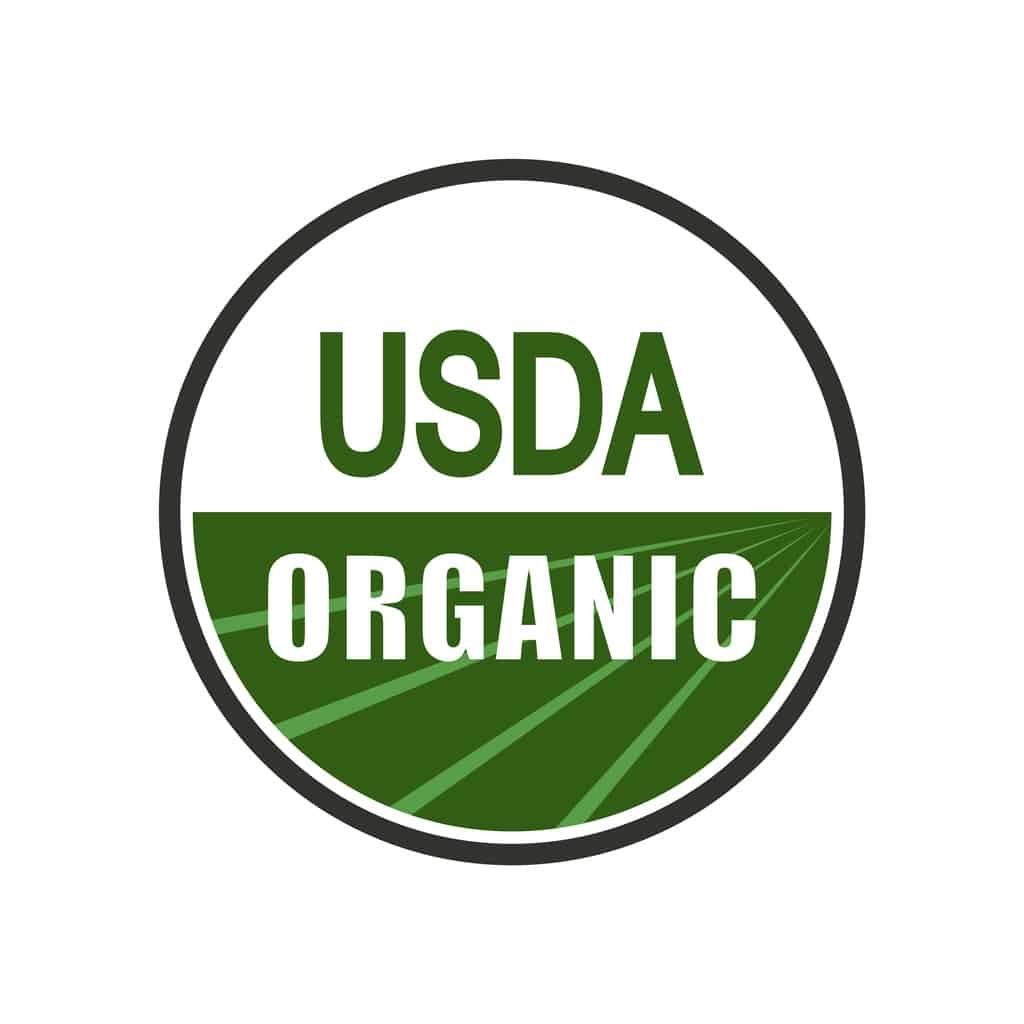In previous years, the notice explains, eligible certified organic operations could receive reimbursement of 75% of their eligible costs incurred while obtaining or maintaining their organic certification, up to a maximum payment of $750 per scope.
For fiscal year 2020 through 2023, FSA is reducing the reimbursement amount to 50% of the organic operation’s eligible expenses, up to a maximum of $500 per scope. If additional funding is available at a later time, the notice says, FSA may provide additional assistance.
The notice explains that the 2018 Farm Bill authorized $2 million to be used for the National OCCSP for each of the fiscal years 2019 and 2020, $4 million for FY 2021, and $8 million for each of fiscal years 2022 and 2023. Approximately $4 million in National funding remains available from previous years, and will be used to fund OCCSP in 2020.
In FY 2019, it was announced that the 75% reimbursement would hold through 2023; however, the notice says, the amount of funding available will not cover expected participation levels in 2020.
Related: Regen Organic Certified Standard Now Open for Business OTA Hosting Virtual International Meetings USDA Recognizes OTA’s Fraud Prevention Solutions
A statement from the National Organic Coalition (NOC) and the Organic Farmers Association (OFA) calls this action “unwarranted and completely unacceptable,” noting that, given the funding dictated by the Farm Bill and the carryover balance from previous years, there should be sufficient funding. The statement suggests that either USDA’s accounting is flawed, or “the agency has decided to disregard the Congressional funding directives in the 2018 Farm Bill.”The statement also points out that FSA has delayed the release of funds by many months, and calls it “a huge disservice to the organic community,” drawing attention to the fact that organic, direct market, and diversified operations have largely been excluded from USDA pandemic relief programs.
“The National Organic Coalition is outraged that USDA’s Farm Service Agency has chosen to reduce reimbursements to organic producers in the midst of a pandemic,” said Abby Youngblood, Executive Director at the NOC, in the statement. “Producers and other organic operations need this support now more than ever, because they are faced with loss of markets due to COVID-19 and increasing costs as they modify their operations to keep workers and customers safe and implement new sanitation and staffing procedures.”
Kate Mendenhall, Director of the OFA, added: “The Organic Certification Cost-Share Program is especially important for small and mid-size organic farms. If the USDA wants organic farms and our regional economies to survive and thrive, they should be making it easier to get certification cost share and covering the whole cost of certification. Instead they are doing the opposite.”
Since early May, the statement says, NOC and OFA have been advocating with USDA and Congress to reimburse organic certification agencies directly for certification fees, as an emergency measure during the pandemic, and to increase the reimbursement rate to 100% to provide producers with support. The two groups are currently working with Congress to ask for assistance to rectify this “egregious disregard by USDA’s Farm Service Agency for Congress’s allocation of funds for the certification cost share program.”
NOC asks that organic community membersvoice their concernto their Senators and Representatives. NOC and OFA urge organic operations toapply for certification cost-share assistanceas soon as they are able; operations have until November 2, 2020 to apply for funding.










